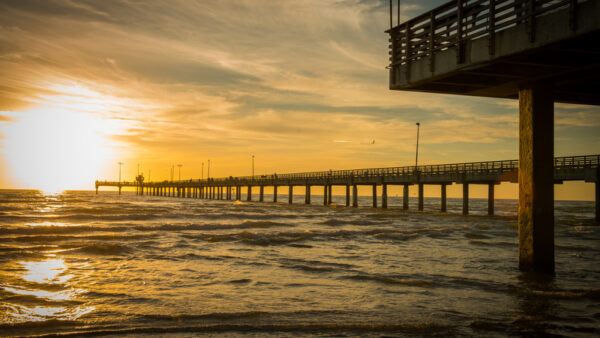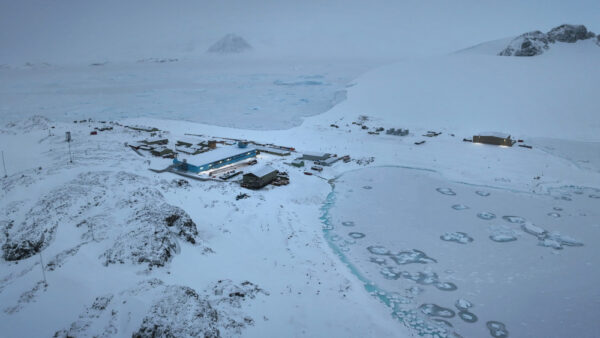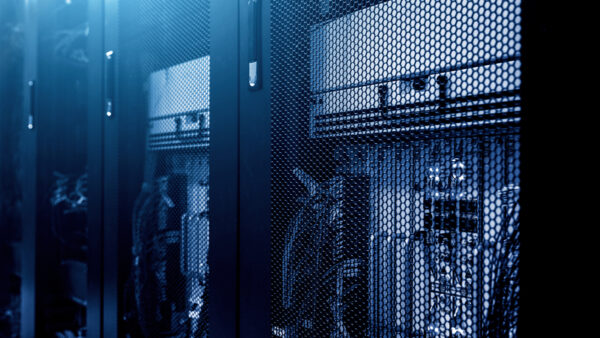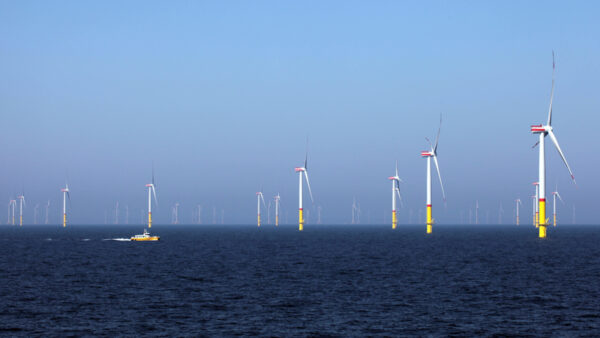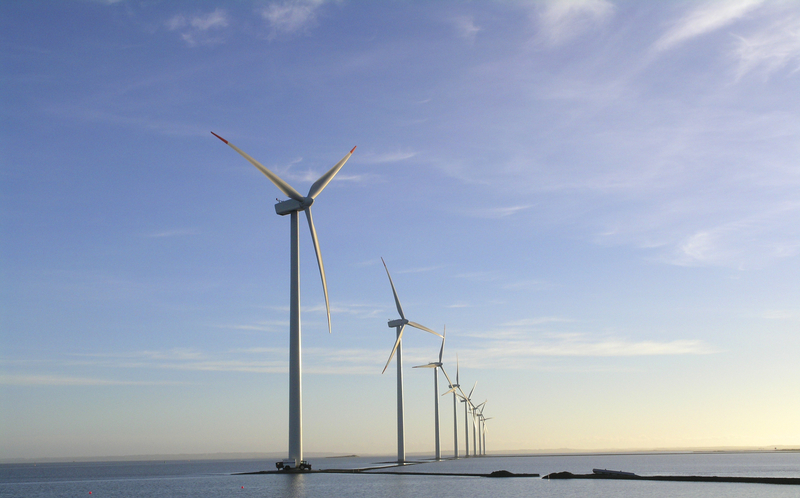
Forty years after the Danish parliament banned the building of nuclear power plants, Denmark is interested again.
Its energy minister Lars Aagaard told newspaper Politiken that the government would assess emerging technologies and publish its conclusions next year.
He expressed particular interest in small modular reactors, which are expected to arrive on the market over the next 10 years.
“The government has decided to institute an inquiry of the potential of these technologies,” Aagaard said.
“But just having potential isn’t enough. We must also understand what it means for Danish society if we are to enable these technologies.”
Lessons from Iberia
The country is reconsidering after the recent black-out over the Iberian peninsula.
Around half of Denmark’s electricity comes from wind.
If it embraces nuclear, it would join Sweden, France, Czechia, Hungary, Poland and Belgium in moving in that direction.
Germany closed down its last reactor in 2023, but during the recent election campaign the winning CDU/CSU alliance said it would reconsider the policy.
Aagaard said that the move did not signal a break with the focus on renewable energy, which he said was still the “cheapest and fastest routes to the green transition”.
He also ruled out traditional nuclear power plants.
He also criticised the right wing in Denmark for “speaking enthusiastically about nuclear power as if it’s a plug-and-play solution, with no difficult choices involved”.
- Subscribe here to get stories about construction around the world in your inbox three times a week
Further reading:

